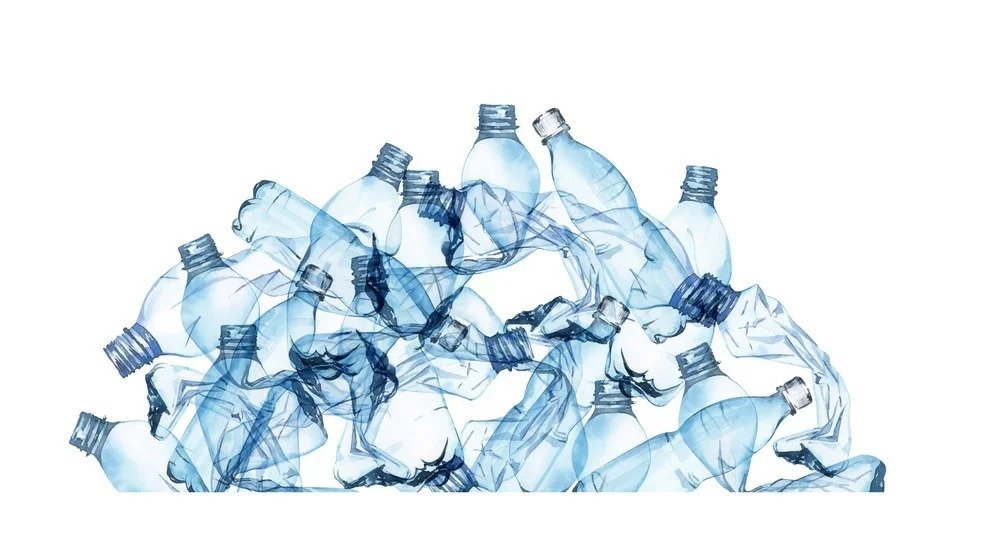Can Seaweed Remove Carbon Emissions and Replace Fossil-Fuel Plastic?
Source: https://www.azom.com/article.aspx?ArticleID=22437
In Australia, one million tonnes of single-use plastic are consumed annually, with a 12% recycling rate. Seventy-five per cent of the plastic found on Australia’s coastline is single-use. A UN-led pledge to end plastic pollution by 2040 was recently signed by 20 countries including Ghana, Rwanda, Chile, France, Belgium, Canada, and the UK. Australia did not sign the pledge, but it has embarked on national targets for packaging to be manufactured only with reusable, recyclable, or compostable materials and for 70% of all plastic packaging to be recycled or composted by 2025. CO2 emissions have led to extreme climate change in the last two hundred years, contributing significantly to global warming and ocean acidification. Plastic pollution is ubiquitous around the world today. It is not simply single-use straws and water bottles that is causing this damage, but everything from clothing to cosmetics to cars that use plastic which ends up in the environment. Plastic consumption has increased 400% in the last three decades, accounting for 3.4% of the world’s greenhouse gas emissions. Nine point two billion tonnes of plastic waste are generated every year, and less than a tenth of this is successfully recycled.

